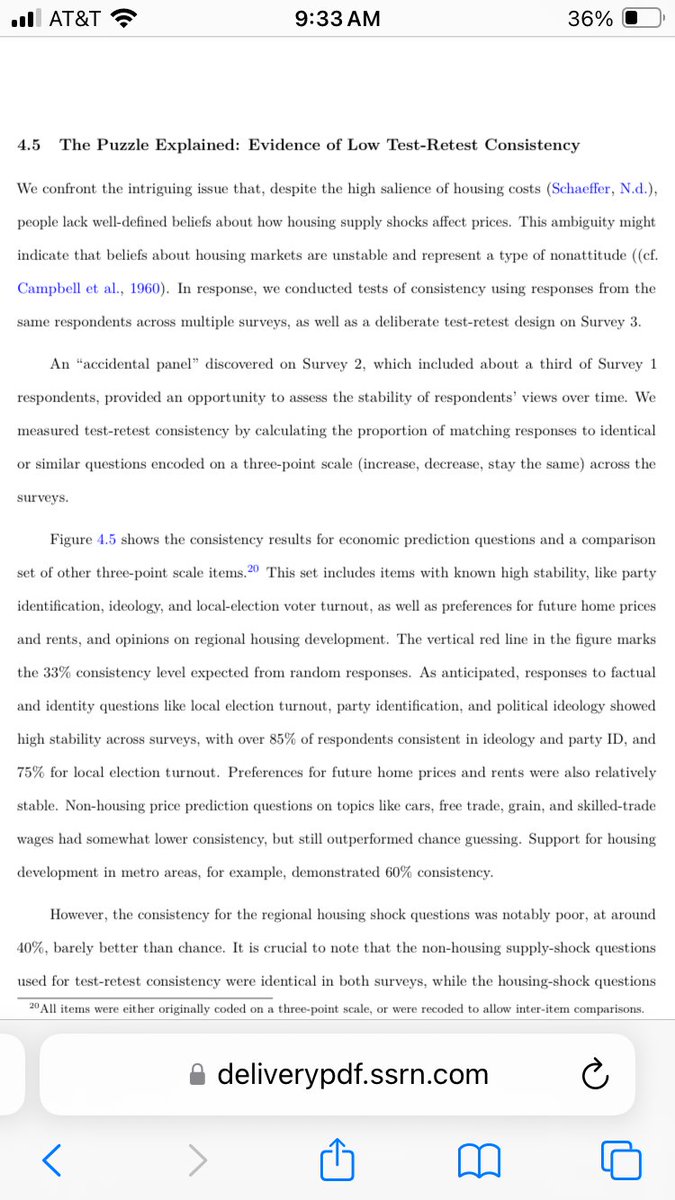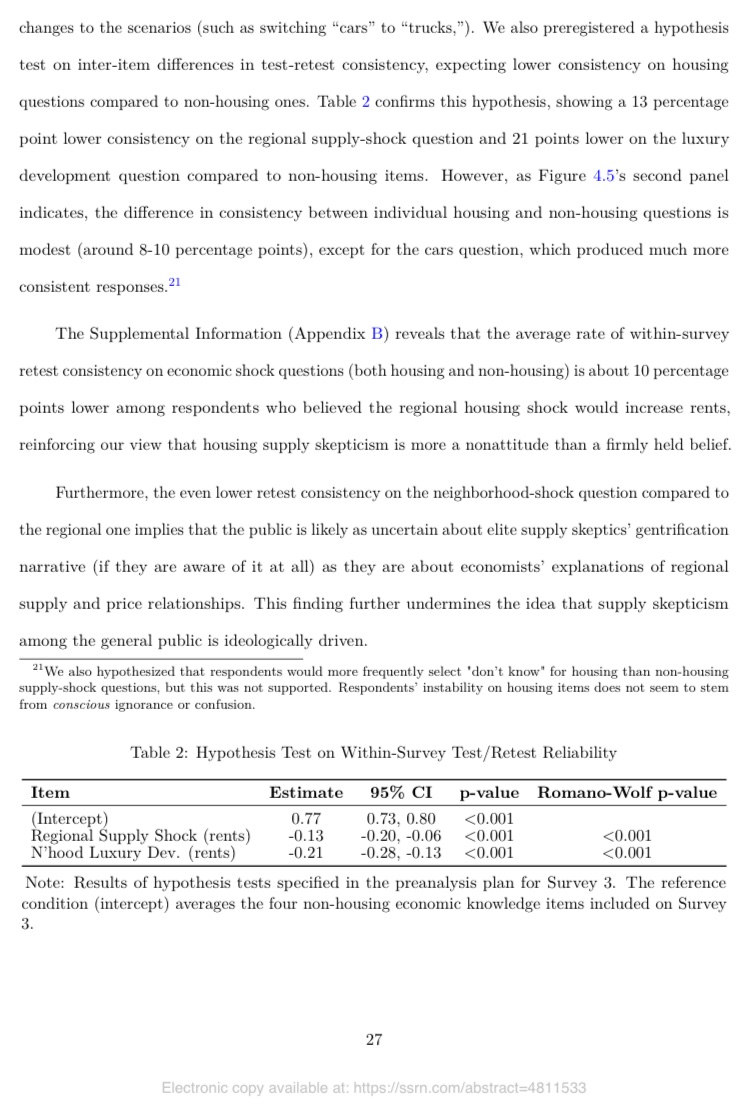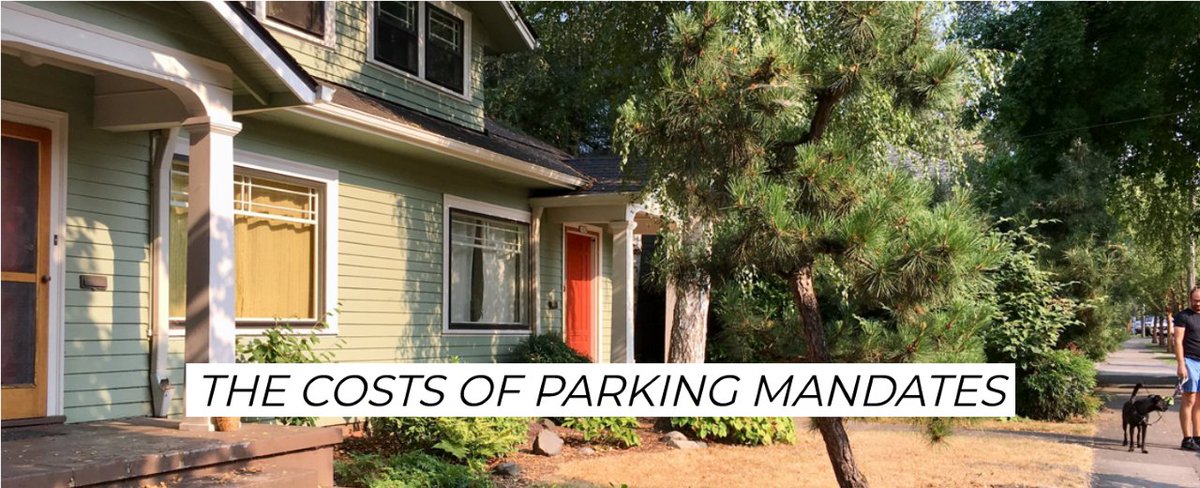For the NYT's #1619project, @KevinMKruse explored how sprawl is in some ways a deliberate tool for segregating us by race.
But he didn't quite say *why* sprawl deepens segregation.
One of the main reasons: low-density life is expensive by design.
sightline.org/2019/08/21/did…
But he didn't quite say *why* sprawl deepens segregation.
One of the main reasons: low-density life is expensive by design.
sightline.org/2019/08/21/did…
@KevinMKruse That map - showing race in PDX as of 2010 - is revealing in lots of ways. (National map available here: demographics.virginia.edu/DotMap/index.h…)
Here's the most diverse part of the metro area: East Portland. 1 dot=1 person.
See those hard lines? That's what zoning looks like from space.
Here's the most diverse part of the metro area: East Portland. 1 dot=1 person.
See those hard lines? That's what zoning looks like from space.

@KevinMKruse Now let's take off our "race blind" goggles and look at the hard lines again. HMM. 

@KevinMKruse I don't mean to pick on East Portland, which is (thanks also to its still-relatively-low prices) more racially diverse than my own neighborhood.
Here's my neighborhood. Guess where the highest-density building is!
Here's my neighborhood. Guess where the highest-density building is!

@KevinMKruse Density alone doesn't guarantee diversity (or affordability). Here's central Portland: plenty of tall buildings filled overwhelmingly with white & Asian-American folks, most of them pretty well-off I'm sure.
Also older, lower-cost buildings with more Portlanders of color.
Also older, lower-cost buildings with more Portlanders of color.

@KevinMKruse But if you want serious segregation, whoo, look at most of our southwest and northern suburban areas. 



It's important to think separately about two factors, both related to density: general affordability, and neighborhood diversity.
General affordability is a region-wide condition: it requires building enough homes. Sprawl can do that (though there are costs). Infill can, too.
General affordability is a region-wide condition: it requires building enough homes. Sprawl can do that (though there are costs). Infill can, too.
Neighborhood integration, though, happens by the block & the street. And as long as our country's racial wealth gap persists, density will be an essential ingredient for it. (Though not the whole recipe.)
That's because smaller, attached homes & walkable transit save money.
That's because smaller, attached homes & walkable transit save money.
My own belief is that closing our racial wealth gaps will require racial integration.
In part because opportunities aren't evenly distributed by geography.
In part because we won't find public support for the policies we need until more of us see all of us as Us.
In part because opportunities aren't evenly distributed by geography.
In part because we won't find public support for the policies we need until more of us see all of us as Us.
None of this is new to people who think a lot about fair housing or racial justice (including Kruse!). Obviously there's a lot more to say. But it's taken me a while to learn this much. That's what I'm trying to share here.
• • •
Missing some Tweet in this thread? You can try to
force a refresh













